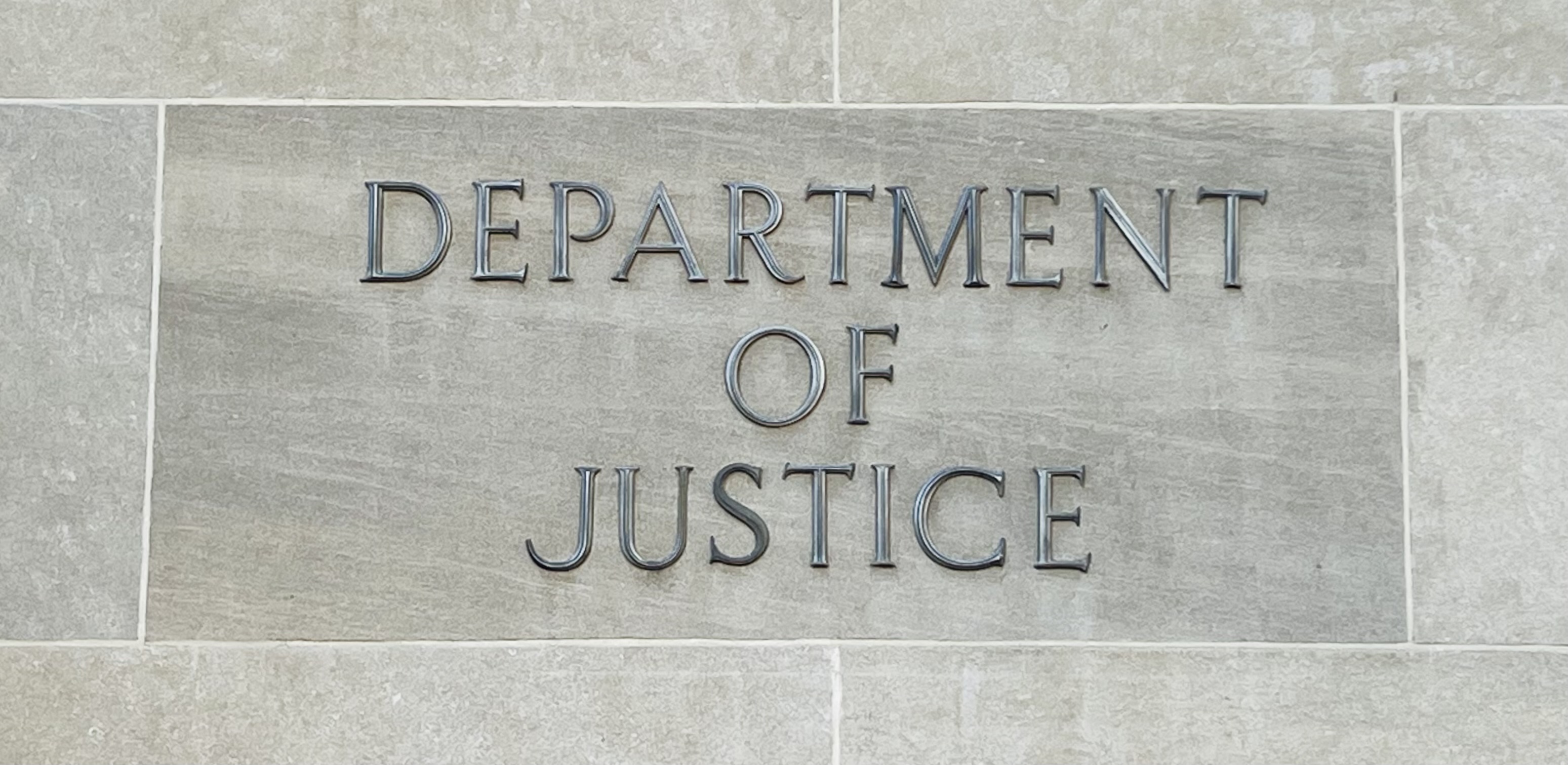Although the Austin-based court overseeing the case has yet to make a decision, Judge David A. Ezra appeared overtly skeptical of Texas’s position, suggesting that letting S.B. 4 remain in place could prompt other states to create their own immigration policies.
Attorneys for Texas and the federal Department of Justice clashed in an Austin-based court last week, with each detailing arguments for and against a controversial law that would empower the Lone Star State’s police agencies to arrest and detain undocumented immigrants.
As LegalReader.com has reported before, Texas Gov. Greg Abbott signed Senate Bill 4 this past December. The law, which is expected to take effect on March 5th, has been posited as a last-ditch effort to deter migrants from crossing the Rio Grande and claiming asylum upon their arrival to the United States.
According to The Texas Tribune, S.B. 4 categorizes unauthorized border crossings as a Class B misdemeanor, with first offenses punishable by up to six months in jail. Repeat offenders, if caught and convicted, could face penalties ranging between two and twenty years behind bars.
Aside from criminalizing certain immigration-related acts at the state level, S.B. 4 also requires that Texas judges compel migrants convicted under the statute to be returned to Mexico.
However, the Biden administration has taken a firm stance against the law, saying that issues of both immigration policy and control of the United States’ international borders fall within the exclusive purview of the federal government.

Last Thursday, Brian Boynton—an assistant attorney general with the federal Department of Justice—dismissed Texas’s arguments that there is an “invasion” on the southern border, adding that Abbott’s claims of the U.S. having “abandoned” its duty to enforce immigration laws are nonsensical.
“There has been no abandonment,” Boynton said, stressing that the federal government has deported nearly a half-million undocumented immigrants since May.
The judge hearing the case, David A. Ezra of the Western District of Texas, asked frequent questions—particularly of attorney Ryan Walters, representing the Texas Attorney General’s Office.
“Let’s say for the purpose of argument that I agree with you,” Ezra told Walters.
If S.B. 4 were upheld, the judge speculated, then California might seek to pass its own immigration and deportation laws. And then Maine might follow, alongside other states, culminating in an inconsistent and incoherent policy.
“That turns us from the United States of America into a confederation of states,” Ezra said. “What a nightmare.”
Boynton, adds The New York Times, also observed that S.B. 4’s provisions seemingly deprive suspected and detained undocumented immigrants of many of the rights they are entitled to under federal law.
“There is nothing in S.B. 4 that affords people the rights they have under federal law,” Boynton said, stressing that the statute’s enactment could interfere with the Department of Homeland Security’s own enforcement actions.
Although Texas attorneys said that the bill could be characterized as a “complementary legislation,” adding to federal provisions without seeking to supersede them, Ezra again expressed skepticism.
Ezra, for example, pointed out that S.B. 4 does not accord Texas state judges the authority to pause the prosecution of an undocumented immigrant who has applied for asylum—an oversight, intentional or not, that Ezra said is both “troublesome” and “very problematic.”
“It just slaps federal immigration law in the face,” he said.
As oral arguments came to a close on Thursday, Ezra seemed no more convinced of Texas’s arguments than he had when the session began.
“I do not see any evidence that Texas is at war,” he said, before promising to issue a decision as quickly as possible.
Sources
A Legal Showdown on the Border Between the U.S. and Texas: What to Know
Bill Text: TX SB4 | 2023 | 88th Legislature 4th Special Session
Federal court hearing to decide whether controversial immigration law can take effect in March


Join the conversation!